
First Baptist Church Dallas Texas
By now most of us have seen the videos of men and women raging away like spoiled toddlers because of the terrible expectation that they be considerate for the safety of others. They are in retail stores or taking up valuable time at town council meetings, literally screaming their outrage at the expectation that they wear a mask for a few minutes so they won't spread a potentially deadly virus. Some of the store videos show men threatening violence against employees and women flinging groceries out of carts.
Often these absurd, petulant people cite the right to personal and civic freedom as their reason for refusing to wear a mask or take other precautions. Somehow, in the United States (these all seem to originate south of the border) extreme selfishness and the resultant poor behavior are translated as some twisted conception of freedom.

What is worse, a twisted form of freedom is often glorified in churches, usually with a conservative "me and Jesus" theology. At times there is no distinction between freedom to worship Christ and some sort of warped patriotism. This past Sunday was Freedom Sunday in one mega-church congregation with everyone present waving an American flag from their seats.
The Apostle Paul explores freedom in several of his letters and assures readers that they and we are set free in Christ. For Paul, though, we are set free from destructive self-interest and the bondage of sin. He also knew, as did the prophets before him, that religion dependent on power, including the state, was false religion.
Didn't Jesus say that if we want to find our lives we'll need to lose them, and that the truth will set us free? Such silly talk...


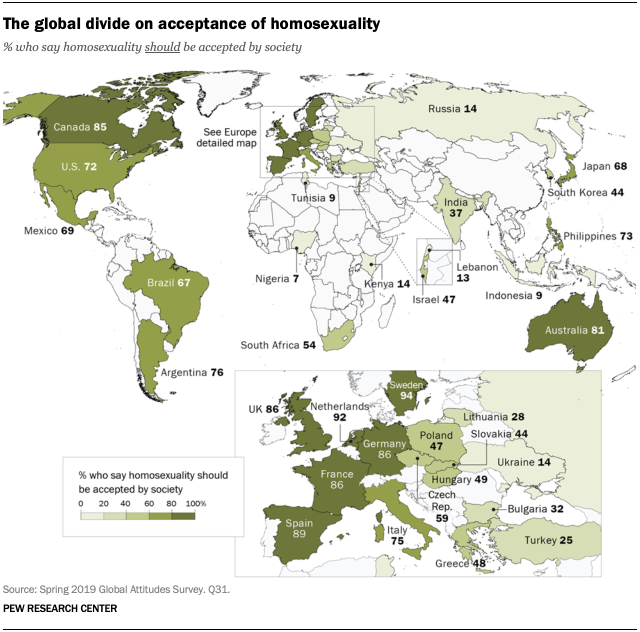









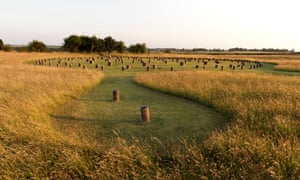
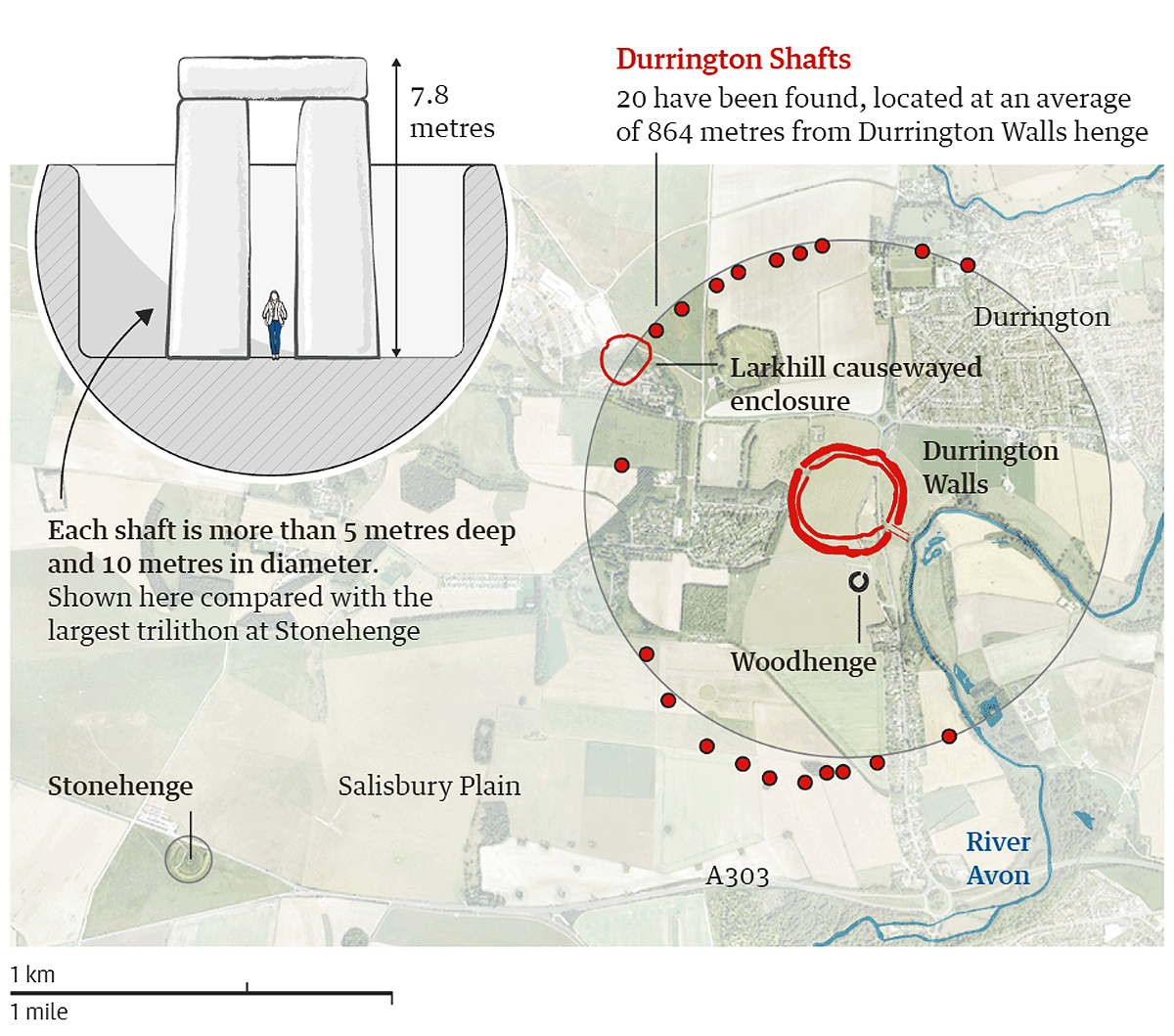
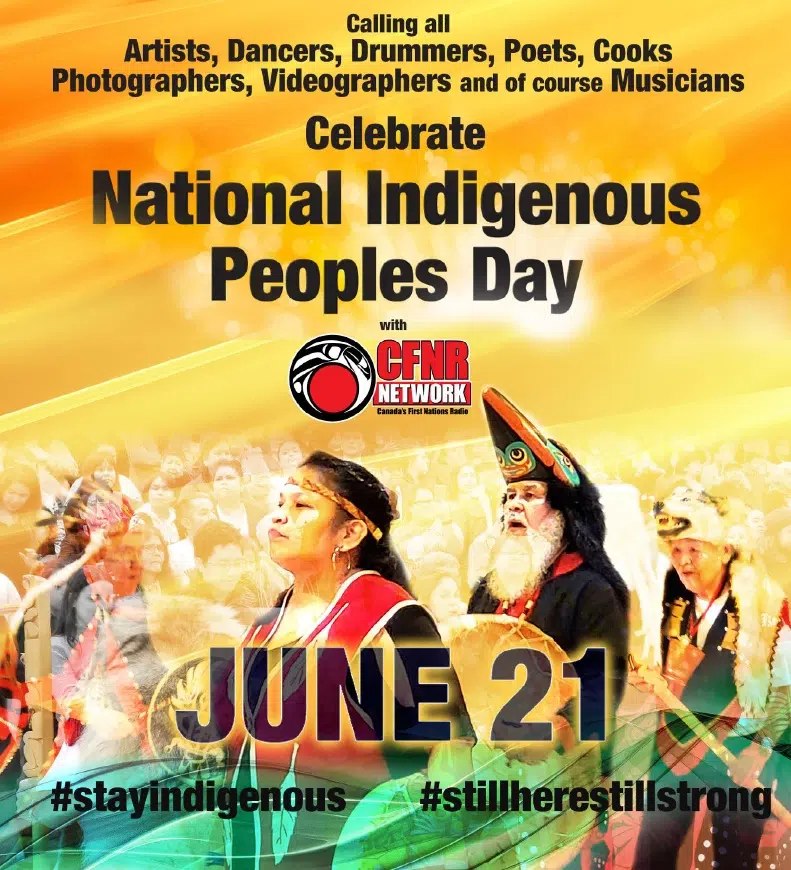
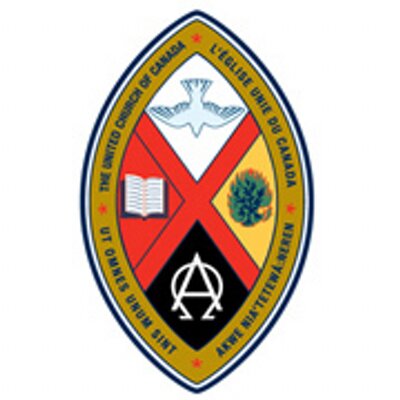
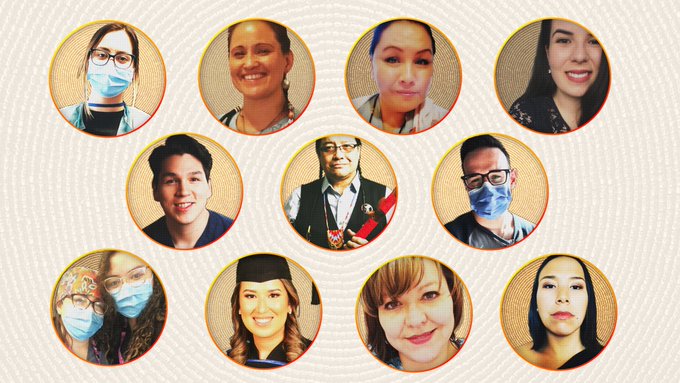

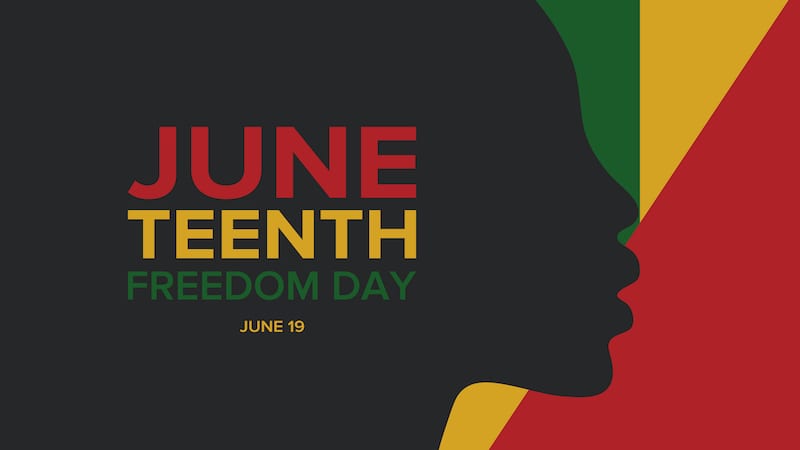

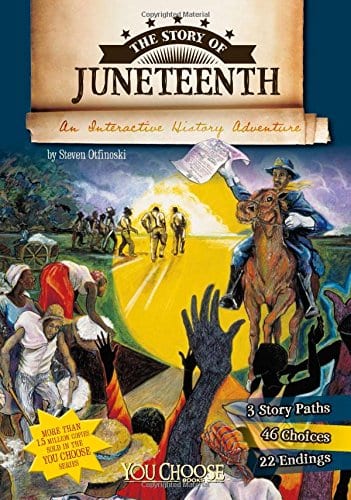
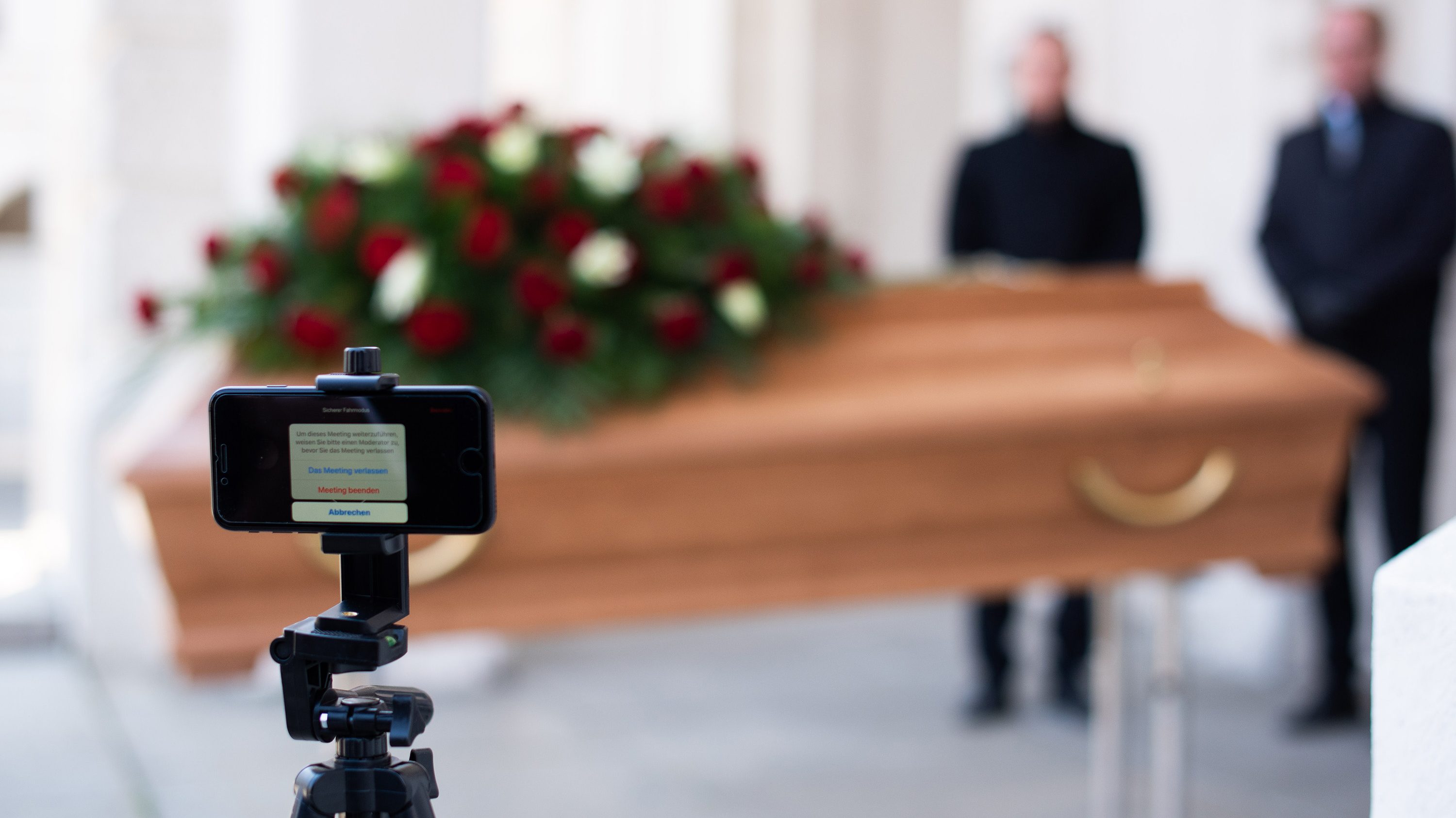
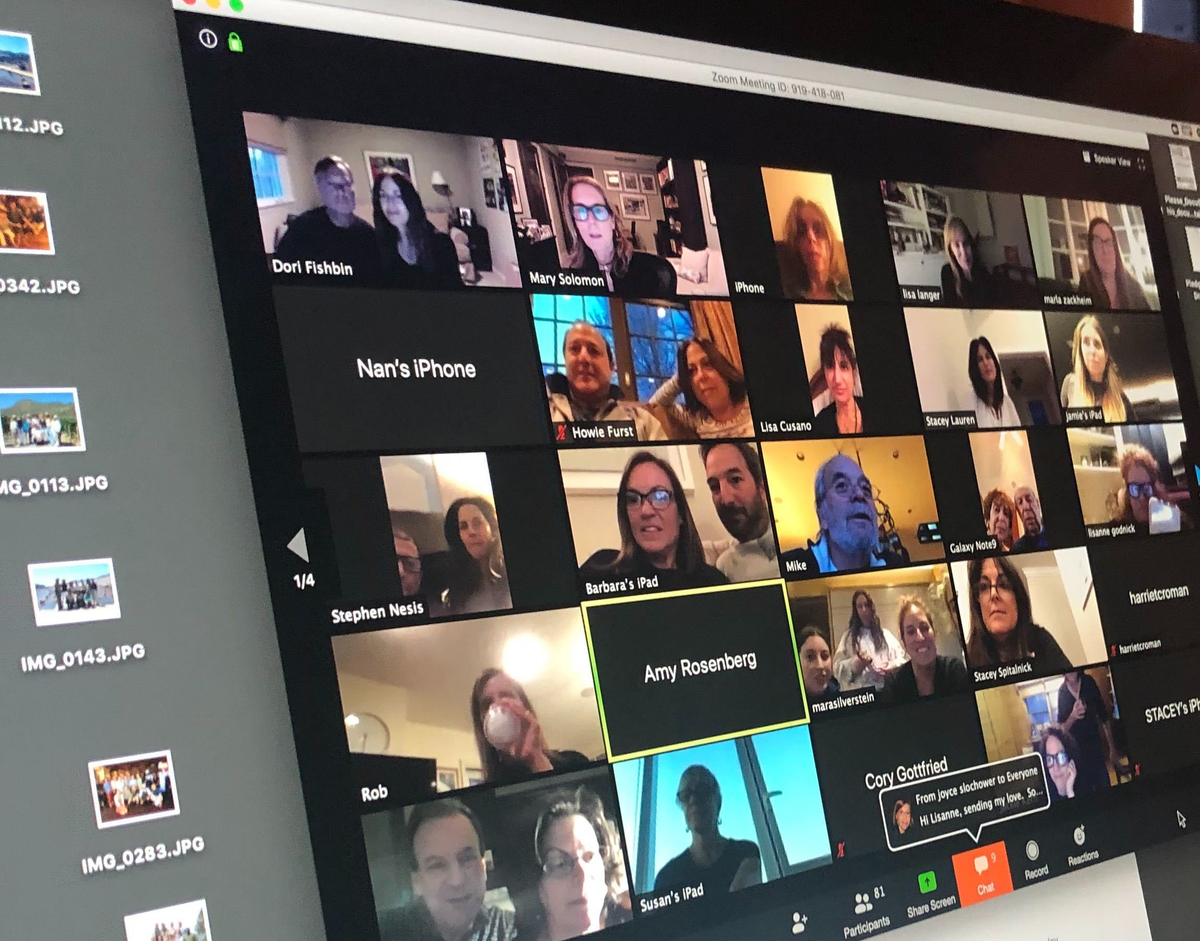
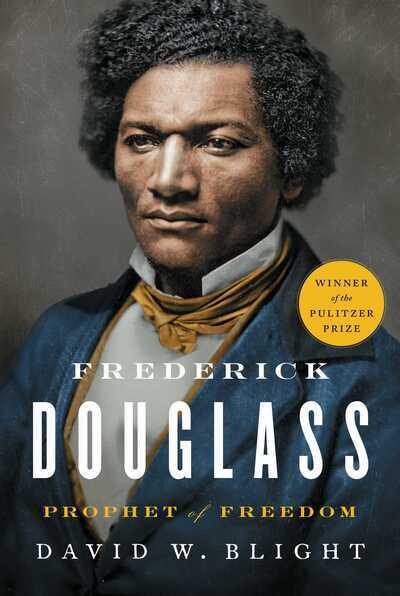


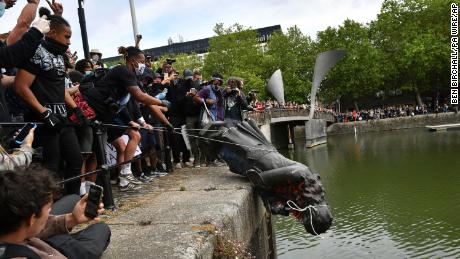



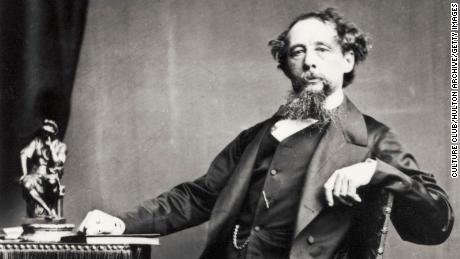

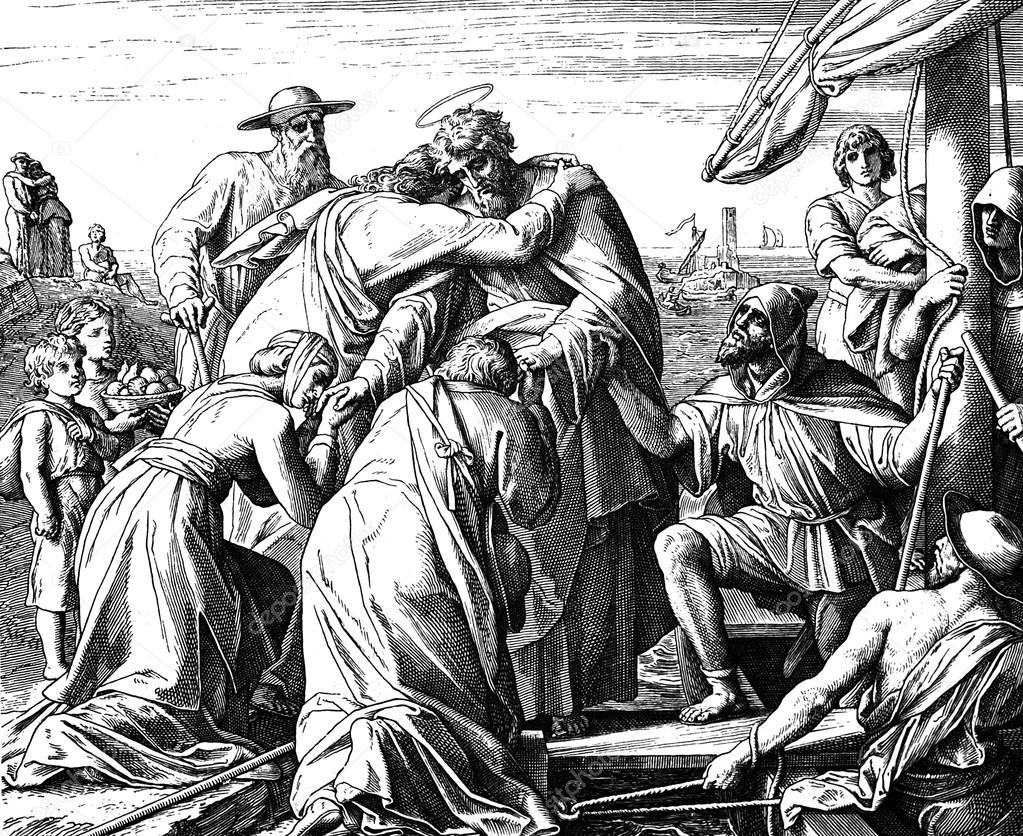
/https://www.thestar.com/content/dam/thestar/news/gta/2020/06/10/a-pew-for-a-few-toronto-faiths-wrestle-with-how-to-reopen-safely-after-doug-fords-surprise-announcement/church_reopening.jpg)
